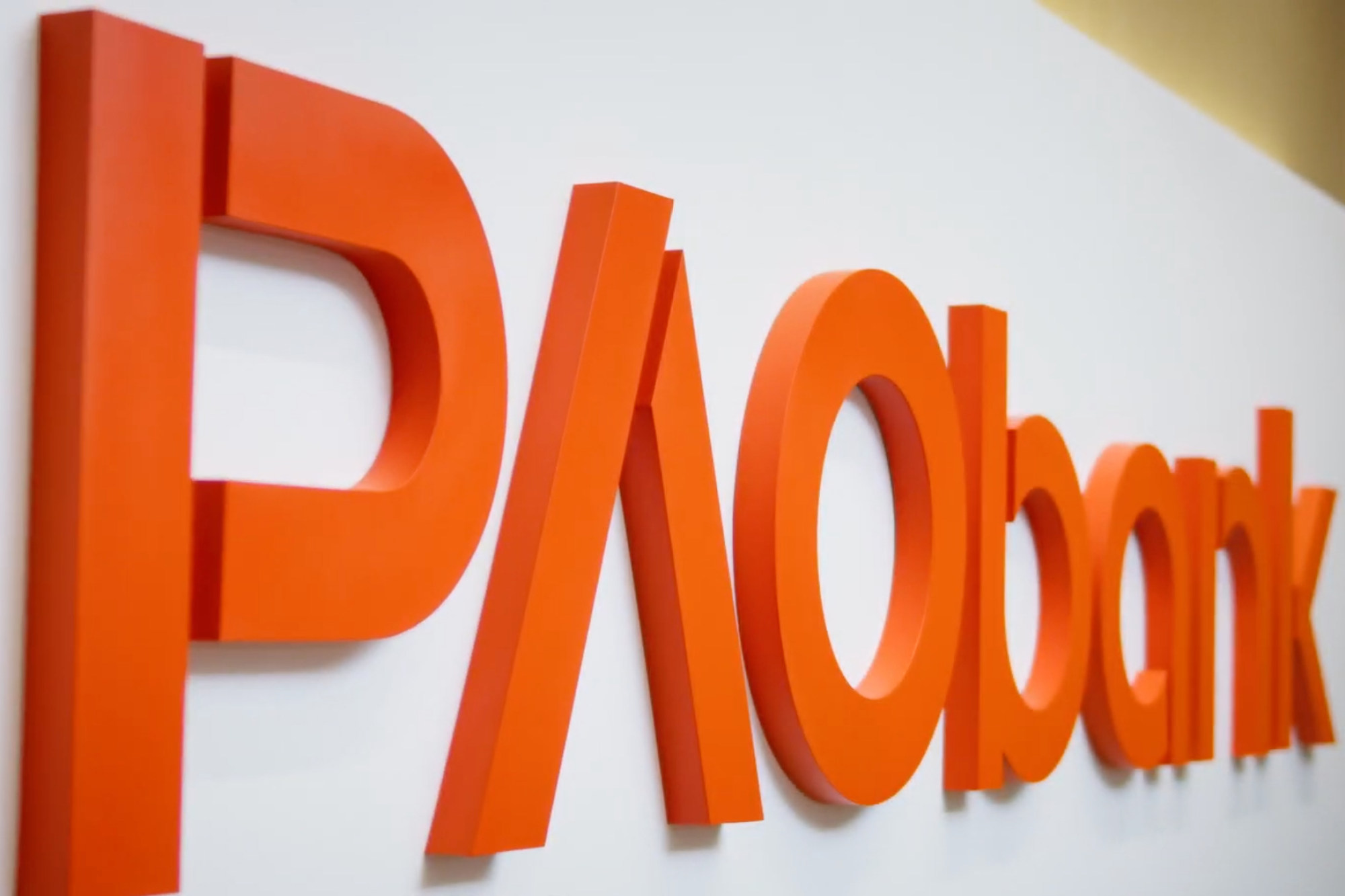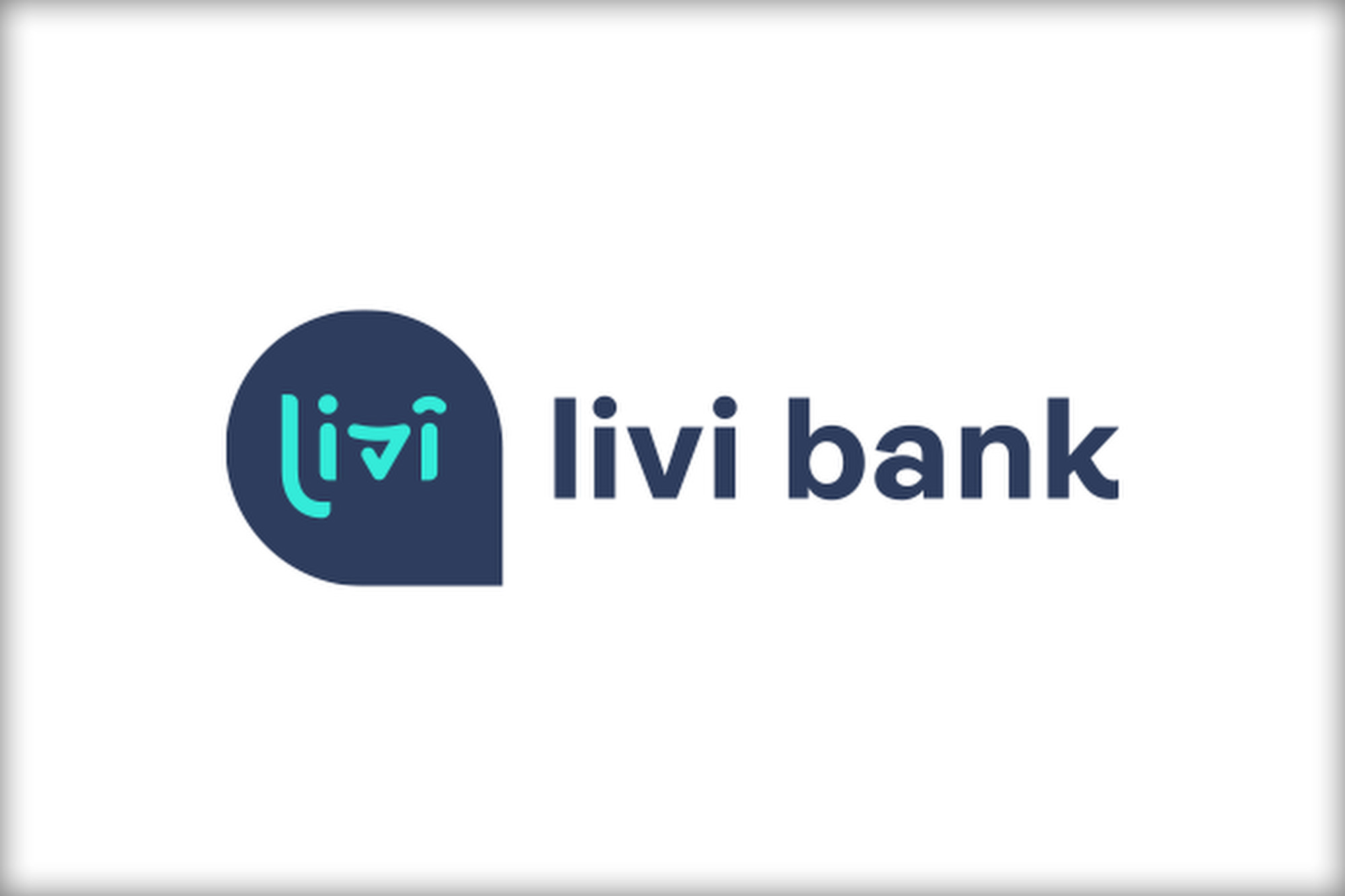
Hong Kong virtual banks ‘likely to develop as big players’ even as they report losses for 2022, as loan books grow and new businesses expand
- Virtual banks are likely to develop as big players as they fit in with Hong Kong’s culture of being ‘quick with everything’, analyst says
- Unsecured lending key to virtual lenders turning profitable: Hong Kong consultancy
All eight of Hong Kong’s virtual banks are still making a loss, but six of them narrowed their net losses last year following growth in loans and an expansion in new businesses.
These banks, which can only offer online banking services and started operations during the coronavirus pandemic in 2020, issued their 2022 results separately on Friday.
“[Our] efforts to diversify our revenue streams have started to bear fruit and delivered encouraging results for the year,” Ronald Iu, ZA Bank’s CEO, told the Post. The virtual lender last year expanded into new businesses that range from selling funds, insurance and currencies to international transfers and SME services.
“Robust growth in both net interest income and net fees, and commission income is getting us closer to achieving profitability,” Iu said. ZA Bank reported a net loss of HK$498.5 million last year, 10 per cent lower than a year earlier.

“Virtual banks are likely to develop as big players in the future, as they fit in Hong Kong people’s culture – we like to be quick with everything,” said Louis Tse Ming-kwong, managing director at Wealthy Securities. “Pressing a few buttons on your mobile to transfer money or buy investment products is definitely faster than going to physical branches of traditional banks.”
“As we look forward to 2023 and beyond, we remain dedicated to reaching break-even in 2024, an ambitious goal for a young bank like us,” said Barbaros Uygun, Mox’s CEO. The bank reported a loss of HK$631.36 million last year, narrowing by 8 per cent from 2021.
“All indicators demonstrate that we are on the right track, earning the trust and love of our customers. We will continue to double down on our strengths, especially customer-centricity and innovation.”
WeLab Bank reported a net loss of HK$458.3 million last year, narrowing by 7 per cent from a year earlier.

“We have seen strong growth in our loan book and we have achieved a very healthy loan-to-deposit ratio of 71 per cent last year,” said Tat Lee, WeLab Bank’s CEO. WeLab’s customer loans last year stood at HK$1.4 billion, almost triple the amount recorded a year earlier. It has also started wealth-management advisory services to earn fee income.
“Covid-19 has changed people’s behaviour in banking, as the pandemic forced many people to work or shop from home,” Lee said. “This has encouraged customers to use their mobile phones to handle banking transactions instead of going to bank branches.”
Customers will continue using digital banking services even after the pandemic has subsided, Lee said. “As long as we can provide convenient and secure banking services to the customers, we can develop our businesses further.”
Among the other virtual lenders, Ant Bank (Hong Kong)’s net loss narrowed by 13 per cent to HK$203 million last year, while Airstar Bank’s losses narrowed by 18 per cent to HK$199.73 million.
Tencent Holdings-backed Fusion Bank’s losses, however, widened by more than 22.5 per cent to HK$532.87 million.
“The Hong Kong virtual banks are struggling to turn a profit,” said Benjamin Quinlan, CEO and managing partner of Quinlan & Associates, a Hong Kong-based consultancy. “The main issues are the high costs they are paying for new customers and the lack of full-service product suites in their early years, which is making monetising their client [base] challenging.
“It will take a few more years before the virtual banks can turn a profit. While costs are now in check and largely static, revenue needs to grow considerably if the needle is to move and the virtual banks are to turn a profit.
“And unsecured lending will be key to this turnaround.”

